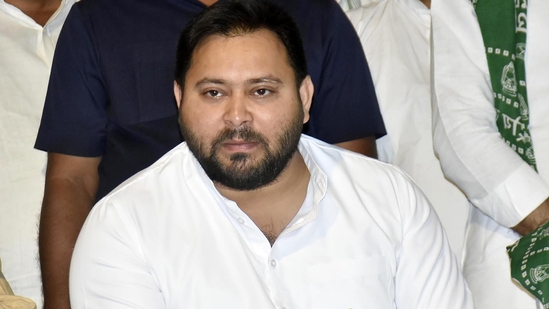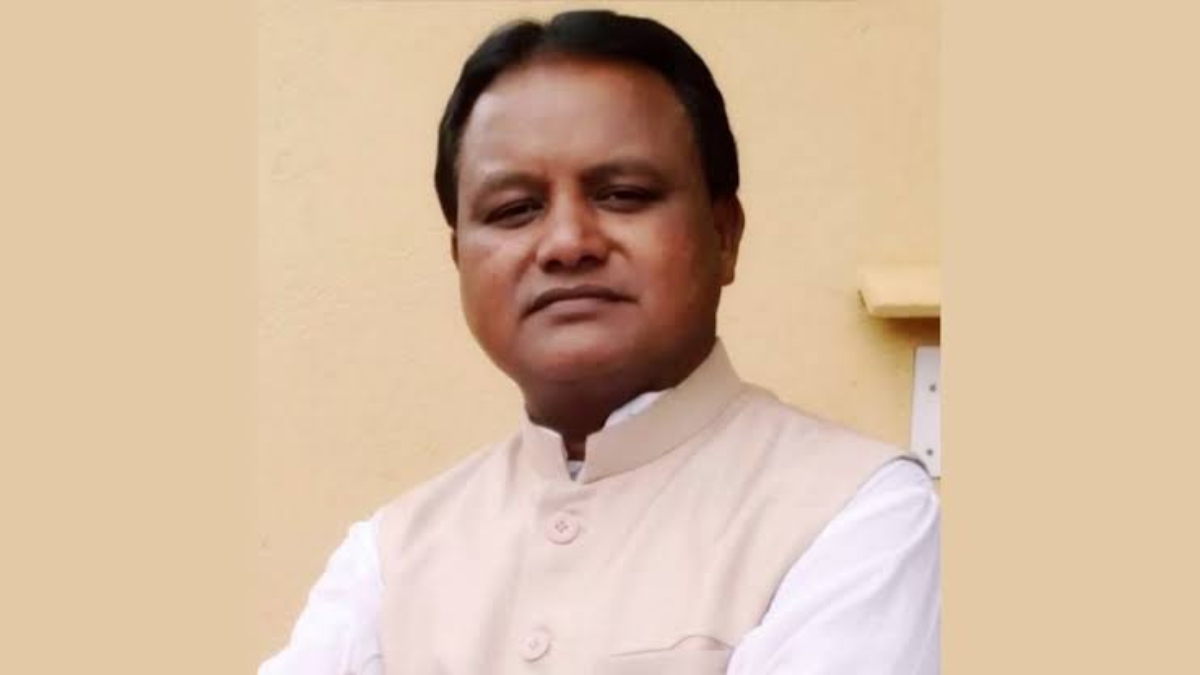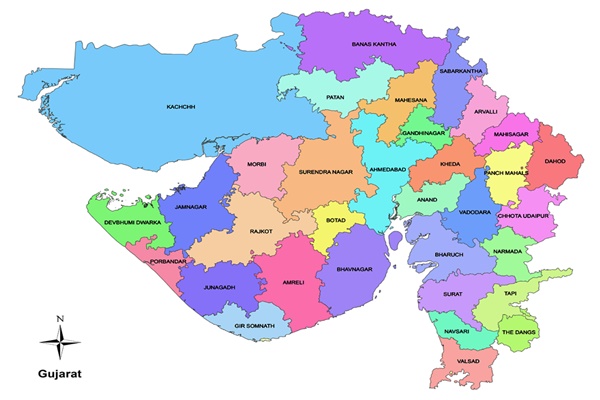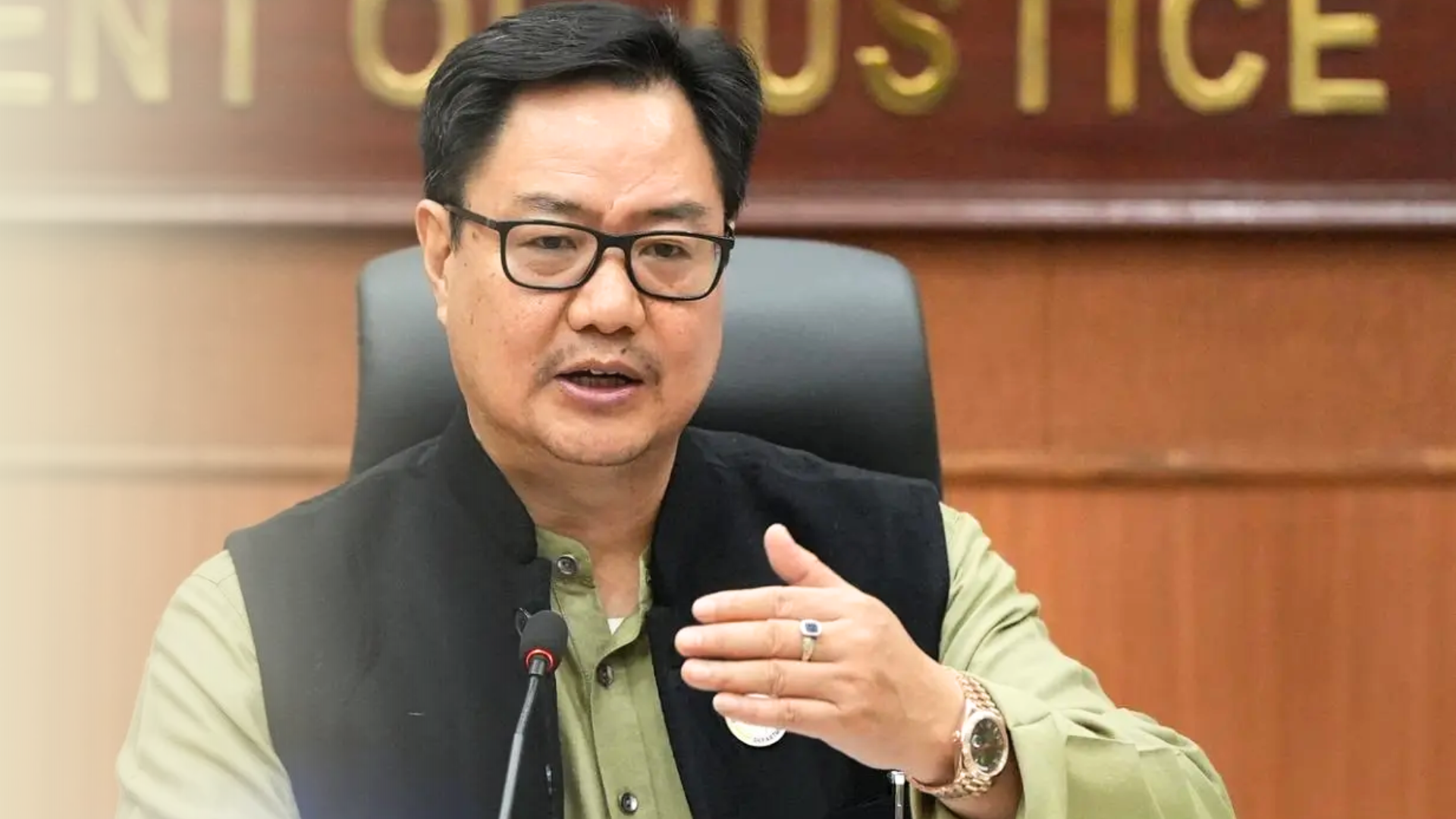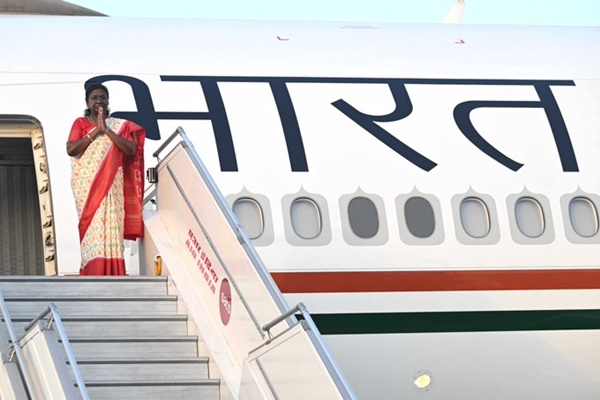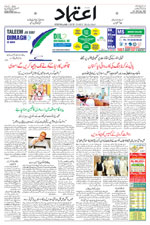Trump is ruling America with the agenda of Europe’s far right
Mon 30 Jan 2017, 12:24:36
.jpg)
For more than a year, President Trump made it clear how he felt about refugees and other Muslim foreigners seeking to reach the United States: they were not welcome.
Trump's rhetoric during the election campaign alarmed many Americans and foreigners alike, but his surrogates at the time mocked the supposed hysteria of his critics, insisting they should take him seriously, not literally.
It turns out we all should have taken Trump both seriously and literally. An executive order signed on Friday at least temporarily barred entry to refugees and citizens of seven Muslim-majority countries — and unleashed chaos in both American airports and politics this weekend. The international community largely reacted in shock and outrage at the move, which was implemented in a fog of confusion and prompted dramatic protests outside air terminals in many of the U.S.'s major cities. Democrats and even some Republicans condemned the order as mean-spirited, ineffective and harmful to American interests.
Sure, the United States does have a long, dark history of xenophobia. There have been yellow perils and red scares, internment camps and racist exclusion acts. But the Trump White House is operating on a radical nationalist ideology that we haven't quite seen before, one shaped by open contempt for its critics and opponents and seemingly built on the talking points of Europe's far right.
Trump has found common cause with a host of hardline, populist and anti-immigrant politicians in Europe, all of whom preach a similar brand of angry cultural nationalism and reject open trade, international institutions and other hallmarks of the liberal global order. Their gains in recent years mirrored Trump's rise and inspired the American president.
Nowhere is the far-right surge more visible than in their efforts to block tens of thousands of Syrian refugees from seeking sanctuary in the West. Their arguments, while couched in security concerns, are explicitly cultural: Influential far-right politicians like France's Marine Le Pen or Dutch populist Geert Wilders claim their nations are locked in a clash of civilizations with Islam and its adherents. Hungarian Prime Minister Viktor Orban, the most outspoken anti-refugee head of government in Europe, styled himself as a defender of Western Christendom and built a wall on his southern border.
Trump joined them on the parapets and parroted their scare-mongering. He conjured up a world where hordes of Syrian refugees and other malefactors were flooding into the United States, where the Paris attackers could end up in Portland, where we simply "don't know what's going on." It was a world of disaster and fear that only he could set right.
Of course, none of this was particularly true. The European Union's open internal borders and proximity to the Middle East create security conundrums that the United States, blessed by its geography, just does not have. The existing American refugee resettlement program already involves "extreme vetting" — a rigorous process of checks that can take up to two years. The permanent residents (or "green card"
holders) whom Trump's advisers also sought to block through the executive order have gone through months, if not years, of checks to win their legal status.
holders) whom Trump's advisers also sought to block through the executive order have gone through months, if not years, of checks to win their legal status.
One tactic may be to distinguish between Christian and Muslim refugees, an idea already voiced by some European leaders. As early as 2015, Slovakia insisted it only wanted to take in Christian refugees. The country's populist prime minister, Robert Fico, warned that Islam "has no place in Slovakia."
Trump issued a statement on Facebook on Sunday evening pushing back against the widespread criticism of his executive order, saying the list of countries identified in the ban was one drawn up earlier by the Obama administration (the comparison was quickly debunked by the Post's own Glenn Kessler). "This is not about religion," Trump said.
But for Trump's chief White House adviser, former Breitbart head Stephen K. Bannon, it almost certainly is. Bannon is Trump's main ideologue, a nativist, a champion of a kind of Christian nationalism and a figure of increasing power behind the scenes. At a conference of European conservatives at the Vatican in 2014, Bannon said he believed the West was "at the beginning states of a global war against Islamic fascism."
Bannon's politics — and thus much of Trump's — combine economic populism with ethnic nationalism. This may seem somewhat out of place in the United States, where the Republican Party has long defended the interests of free traders and corporate elites. But it's squarely in line with the older European tradition of ultra-nationalism, and those Europeans now see Trump's victory and policies as harbingers of things to come on their own shores.
When Ford confirmed plans to shift investment from Mexico to the United States earlier this month, Le Pen celebrated the move, saying it was proof that "protectionism works, when it is led by determination, and when a country can exercise its economic independence." When Trump called for strident "America First" policies during his inaugural address, Orban heralded the speech as "the end of multilateralism." And when the executive order on immigration took effect this weekend, Wilders told Trump: "I would do the same."
Trump's European fellow travelers — which include a motley cast of Euroskeptics, Islamophobes, Russophiles and neo-Nazis — are the source of real alarm within the European establishment. Even British Prime Minister Theresa May, who is tasked with leading her country out of the European Union, found herself having to defend the international order when visiting the United States last week. Over the weekend, she said she did not "agree" with Trump's immigration ban.
Neither did German Chancellor Angela Merkel, whom Trump attacked earlier for being too welcoming to refugees. The pair spoke this weekend in what must have been a rather awkward phone call.
“She is convinced that the necessary, decisive battle against terrorism does not justify a general suspicion against people of a certain origin or a certain religion," said Steffen Seibert, a spokesman for the German chancellor.
No Comments For This Post, Be first to write a Comment.
Most viewed from International
Most viewed from World
AIMIM News
Latest Urdu News
Most Viewed
May 26, 2020
Do you think Canada-India relations will improve under New PM Mark Carney?
Latest Videos View All
Like Us
Home
About Us
Advertise With Us
All Polls
Epaper Archives
Privacy Policy
Contact Us
Download Etemaad App
© 2025 Etemaad Daily News, All Rights Reserved.



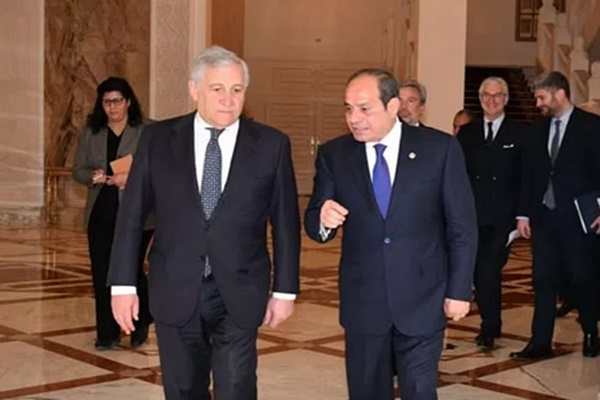
.jpg)
.jpg)
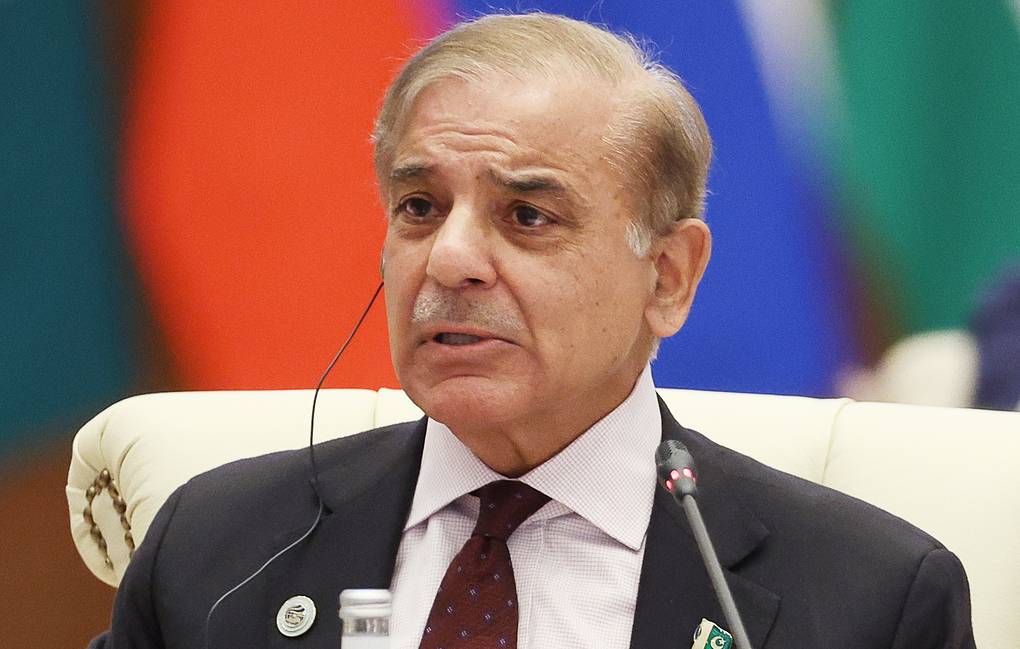
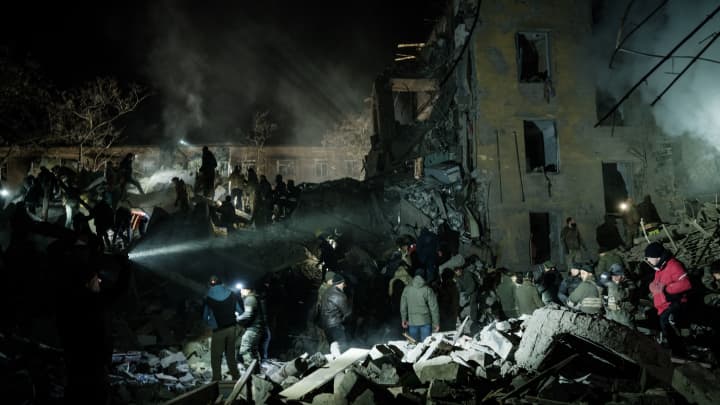
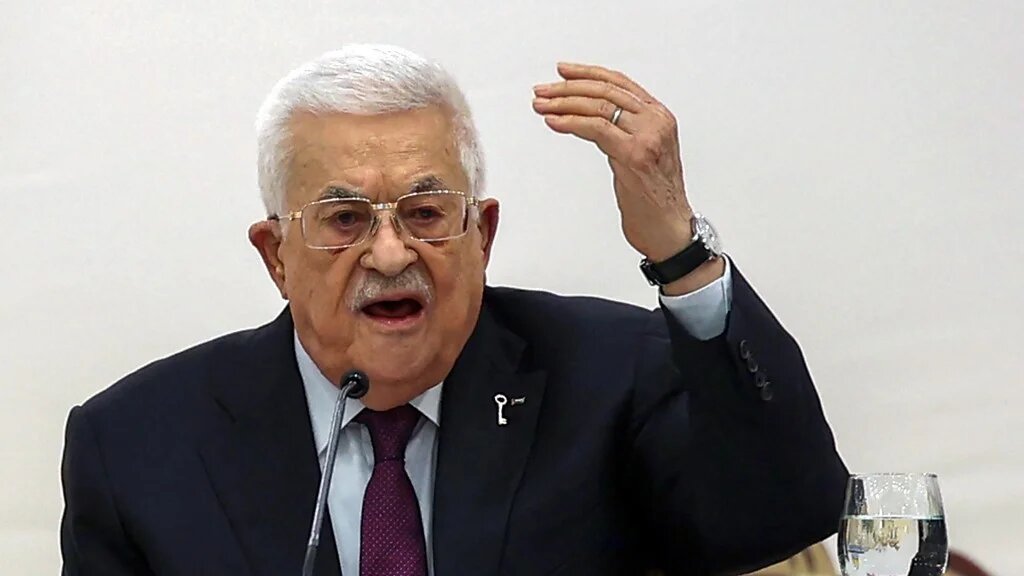
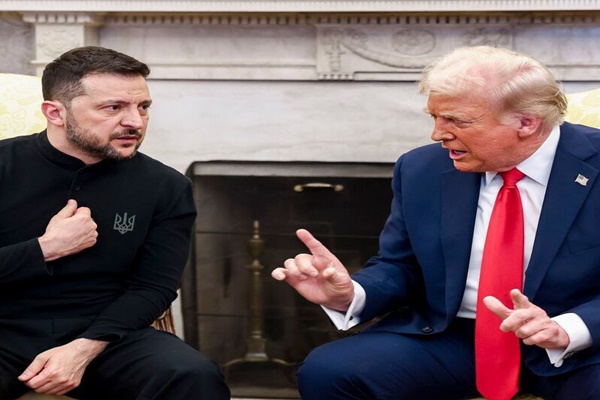
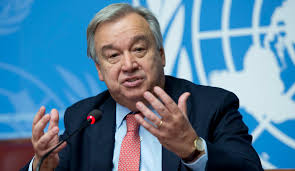
.jpg)
.jpg)


